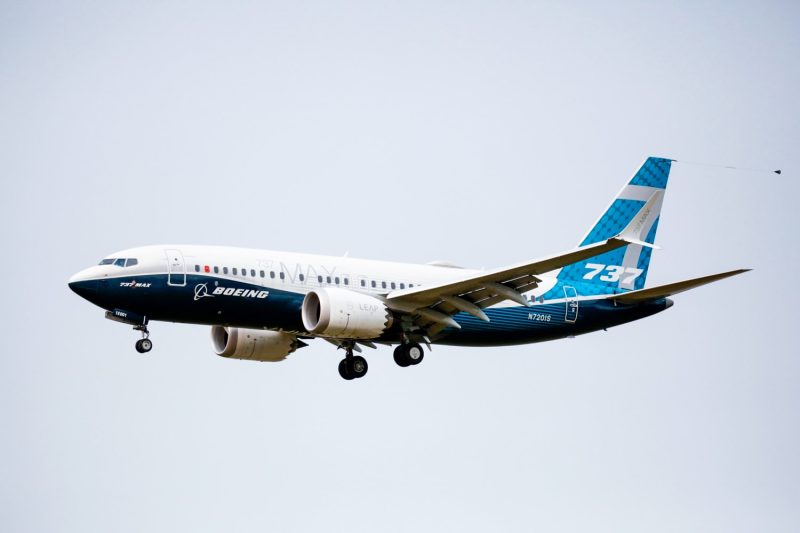In a recent development following the tragic crashes involving the Boeing 737 Max aircraft, the court has made a significant decision regarding Boeing’s plea deal. The plea deal proposed by Boeing sought to resolve a criminal charge related to its marketing and certification of the 737 Max aircraft, which had faced global scrutiny after two fatal crashes claimed the lives of 346 individuals. However, the court ultimately rejected the proposed plea deal, signaling a pivotal moment in holding corporations accountable for their actions.
One of the key aspects of the rejected plea deal was the requirement for Boeing to pay a substantial financial penalty as part of the settlement. While such penalties are often viewed as a form of accountability and a deterrent for future misconduct, the court’s decision to reject the deal indicates that a monetary fine alone may not be sufficient to address the gravity of the situation. The court’s move sends a strong message that systemic changes and genuine accountability must be prioritized over mere financial implications.
Moreover, the court’s decision to reject Boeing’s plea deal highlights the importance of transparency and integrity in the aviation industry. The crashes involving the 737 Max aircraft raised significant concerns about the processes for certifying and approving aircraft for commercial use. By refusing to accept the proposed plea deal, the court has made it clear that accountability extends beyond monetary compensation and must address the underlying issues that contributed to the tragic events.
Another crucial aspect of the rejected plea deal is its potential impact on corporate culture and responsibility. Companies are increasingly being held to higher standards of accountability for their actions, especially when those actions have far-reaching consequences. By declining Boeing’s plea deal, the court has demonstrated the necessity of upholding ethical standards and ensuring that corporate decisions prioritize safety and integrity above all else.
Looking ahead, the court’s rejection of Boeing’s plea deal serves as a wake-up call for the aviation industry and other sectors where safety and compliance are paramount. It underscores the need for robust oversight, stringent regulations, and a commitment to transparency to prevent similar incidents from occurring in the future. Ultimately, the court’s decision sets a precedent for holding corporations accountable and prioritizing the well-being of the public over corporate interests, marking a pivotal moment in the pursuit of justice and accountability.

